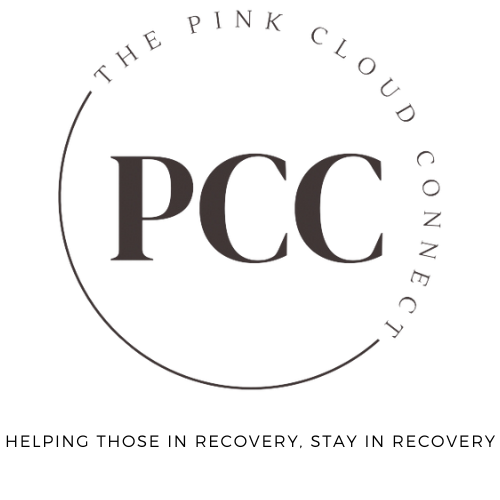
REHAB / CSS
Someone leaving detox will most likely be referred to CSS as the next step to continue the important recovery journey. CSS plays a crucial role in many recovery stories, providing support and resources.
What is Rehab?
Rehabilitation, often referred to as "rehab," is a structured program designed to help individuals recover from substance use disorders and mental health challenges. Rehab provides a safe, supportive environment where individuals can focus on healing, free from the pressures and triggers of everyday life. It typically includes a combination of medical care, therapeutic counseling, and life skills training to address the physical, emotional, and psychological aspects of addiction and mental health.
What is CSS (Comprehensive Structured Services)?
CSS, or Comprehensive Structured Services, is a level of care that offers more intensive, structured support for individuals in the early stages of recovery from addiction or mental health issues. It often includes:
24/7 Support: Continuous medical supervision and therapeutic guidance to manage withdrawal symptoms and mental health concerns safely.
Individualized Treatment: Care is tailored to each person’s specific needs, with attention to both substance use and co-occurring mental health conditions.
Structured Daily Routines: A set schedule of therapy sessions, group meetings, and holistic activities to help individuals build healthy habits and coping mechanisms.
Therapeutic Interventions: Various therapies such as Cognitive Behavioral Therapy (CBT), group therapy, and family therapy to address the root causes of addiction and mental health challenges.
Benefits of Rehab and CSS
Safe Environment: Rehab removes individuals from triggers and toxic environments, providing a safe space to focus on recovery.
Medical and Emotional Support: 24/7 access to medical professionals and therapists ensures that individuals receive the care they need during difficult times.
Peer Support: Being surrounded by others facing similar challenges fosters a sense of community and reduces feelings of isolation.
Relapse Prevention: Learning coping strategies and life skills in a structured setting reduces the risk of relapse and helps maintain long-term recovery.
Rehab and CSS provide a crucial step toward long-lasting recovery by addressing the complex interplay of addiction and mental health in a comprehensive, supportive way.
